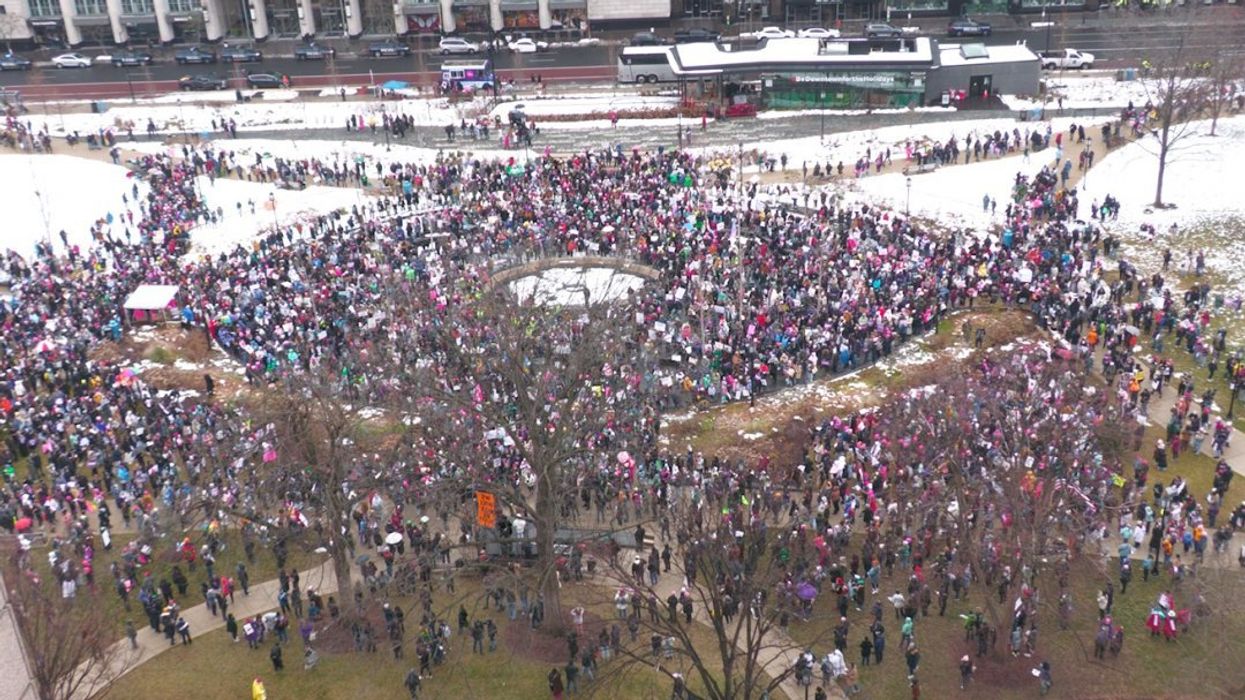The Fulcrum is proud to partner with Northwestern University's Medill School of Journalism, Media, Integrated Marketing Communications in amplifying the work of young journalists.
This collaborative coverage features the People’s March, held on January 18, 2025, an event protesting Donald Trump's policies on issues such as reproductive rights, climate change, and immigration.
WASHINGTON – Thousands of protesters marched down the streets of Washington on Saturday to voice their concerns over climate change, LGBTQ+ rights, and reproductive freedoms before Donald Trump’s inauguration.
Protesters started in Franklin Park, McPherson Square, or Farragut Park for the 1.7-mile journey through the National Mall.
Watch the video report here:
Thousands gather for People’s March on Washington was first published by Medill News Service, and republished with permission.
Jorge Martinez covers education for Medill on the Hill. He is a sophomore at Northwestern University and studies journalism and legal studies. Jorge has written for LGBTQ Nation and The Cicero Independiente, and interned with the 2024 DNC and the Democratic Party of Illinois.
Micah Sandy covers politics for Medill News Service. Originally from New York, Sandy is a third-year student studying journalism, political science and classical studies. He previously interned at Encyclopedia Britannica. At Northwestern, he served as a reporter and producer for Northwestern News Network and as a digital managing editor for The Daily Northwestern.



















